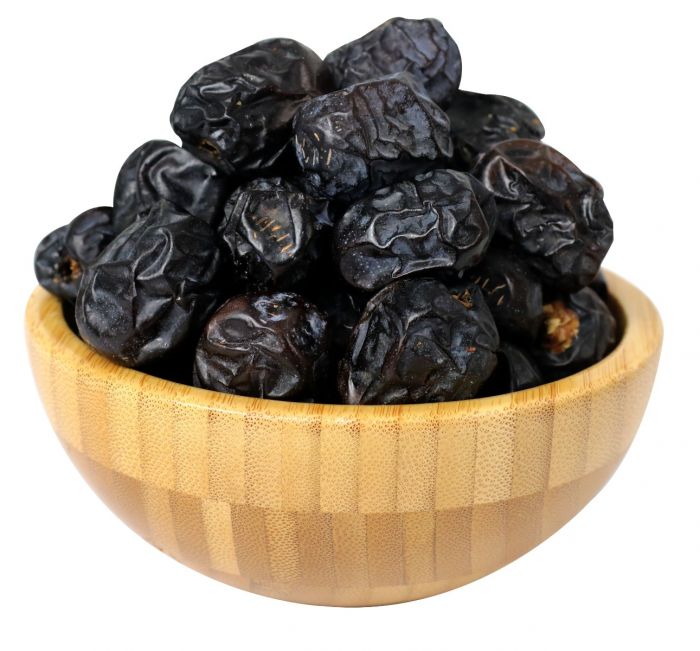Harga Kurma: The Impact of Dates Fruit Consumption on Ramadan Fasting

1. Understanding Harga Kurma
Harga kurma is a term used to refer to the price or value of dates fruit, particularly during the holy month of Ramadan. Dates hold immense significance in Islamic culture and are traditionally consumed to break the fast during Iftar, the evening meal, and Suhoor, the pre-dawn meal. The consumption of dates fruit during Ramadan is deeply rooted in religious and cultural practices. Let’s explore the impact of dates fruit consumption on fasting practices during Ramadan.
2. The Significance of Dates Fruit Consumption during Ramadan Fasting
2.1 Dates as a Nutritional Powerhouse
Dates fruit serves as a nutritional powerhouse and provides essential nutrients to support individuals during the fasting period. Dates are a rich source of natural sugars, fiber, potassium, magnesium, and vitamins. These nutrients help to replenish energy levels, maintain electrolyte balance, and support overall well-being during the fasting hours.
2.2 Cultural and Religious Traditions
The consumption of dates fruit during Iftar and Suhoor holds immense cultural and religious significance for Muslims observing Ramadan. It is believed that the Prophet Muhammad (peace be upon him) broke his fast with dates, and thus, it has become a tradition followed by Muslims worldwide. Dates are often the first food consumed to break the fast, as they provide instant energy and help prepare the stomach for a balanced meal.
2.3 Practical Implications
In addition to their nutritional and cultural importance, dates fruit also has practical implications for fasting individuals. The natural sugars present in dates are easily absorbed by the body, providing a quick source of energy after a day of fasting. The fiber content in dates helps promote satiety and aids in digestion. Moreover, the high water content helps to quench thirst effectively, making dates an ideal choice for rehydration during Ramadan.
3. Incorporating Dates into the Pre-Dawn and Sunset Meals
3.1 Suhoor: The Pre-Dawn Meal
During Suhoor, the pre-dawn meal, consuming dates provides sustained energy throughout the day. Dates fruit can be enjoyed as a standalone item or incorporated into dishes such as smoothies, oatmeal, or energy bars. The natural sugars in dates are released slowly, providing a gradual release of energy during the fasting hours.
3.2 Iftar: The Evening Meal
Breaking the fast with dates during Iftar is a cherished tradition in many Muslim households. Dates fruit can be paired with a variety of foods, including water, milk, yogurt, or other traditional Ramadan dishes. This combination helps restore blood sugar levels, rehydrate the body, and prepare individuals for a balanced meal.
Conclusion
In conclusion, harga kurma refers to the value and significance of dates fruit during Ramadan fasting. Dates are not only a delicious and nutritious food but also hold cultural and religious importance for Muslims around the world. The consumption of dates during Suhoor and Iftar provides essential nutrients, replenishes energy levels, and helps maintain hydration. Incorporating dates into the pre-dawn and sunset meals enhances the fasting experience, promotes overall well-being, and upholds the traditions associated with Ramadan.
Key Highlights of the Blog:
- Explanation of the concept of harga kurma and its connection to dates fruit consumption during Ramadan.
- Understanding the nutritional benefits of dates fruit, including their rich content of natural sugars, fiber, and essential vitamins and minerals.
- Exploration of the cultural and religious traditions surrounding the consumption of dates during Ramadan fasting.
- Insights into the practical implications of incorporating dates into the pre-dawn and sunset meals.
- Highlighting the role of dates in providing sustained energy, promoting hydration, and aiding in digestion during fasting.
By recognizing the value of dates fruit, both in terms of nutritional benefits and cultural traditions, individuals can appreciate the importance of incorporating dates into their fasting practices.